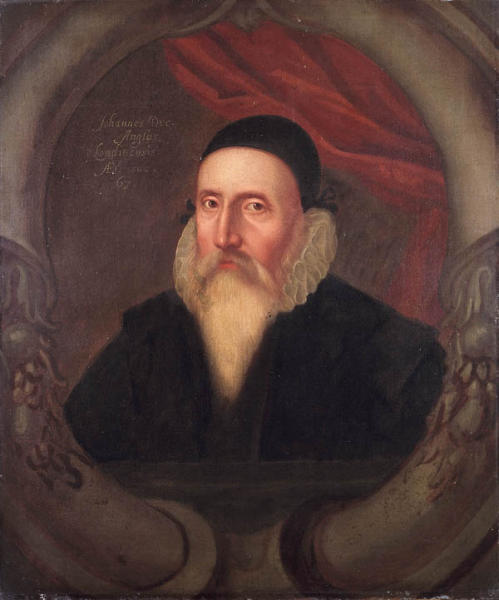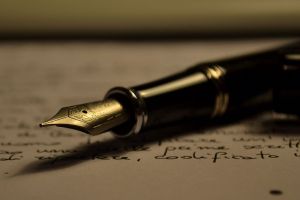The talk below was given at The Hearth, a community storytelling organization, in Grants Pass, Oregon, on January 25, 2024.
It’s taken me years to be able to say this: I am a novelist. My debut book, The Village Healer’s Book of Cures, was published in November.
As a novelist, stories are my bread and butter. As you can imagine, I think a lot about beginnings and endings and sequels and prequels.
Tonight I’ll tell a bit of my story, but I also want to talk about stories in a general sort of way, about how they allow us to preserve hope, imagine a better day, and work towards a better future.
The last time I attended The Hearth, it was February of 2020, and I was bald. Not prickly, just-shaved-my-head bald, but the kind of unnaturally smooth, eyebrows-nonexistent, eyelashes-falling-out bald that can only come from chemotherapy.
I’d been diagnosed the summer before with Stage 1 breast cancer. We’d caught it early with a preventive mammogram (AND I’M GOING TO INTERRUPT THIS TO REMIND Y’ALL TO GET YOUR MAMMOGRAMS!). My prognosis was and is excellent, but based on my age and genetic testing, my doctors advised me to be aggressive with treatment: surgery, chemo, radiation, hormone blockers. The full arsenal.
But this isn’t a story about cancer. This is a story about stories.
So, as a storyteller, maybe I shouldn’t frame the opening scene there. Maybe I should begin even earlier.
The year before, my youngest daughter had graduated high school and my husband and I would soon have an empty nest. A new chapter of my story was pretty obviously starting, and I got a part-time job as an adjunct professor my local university.
I loved it. I loved the students, the planning, the classes–all of it. (Except for the grading. Nobody likes the grading.)
And I loved my colleagues and supervisors, so when I told them about the cancer and asked for two weeks off to recover from surgery, I thought it would be no problem. But, instead, the department took away my teaching contract and gave my classes to another instructor. Yeah, that sucked
Since we’re talking about stories, let’s imagine we frame that scene as the end. The story becomes “middle-aged woman gets cancer and her bosses fire her.” If you end there, the story is a sad one, even an enraging one that sets up a discussion of capitalism and academia, of budgets pitted against human need and community.
But let’s look ahead a month. I went to Twitter and posted about my situation. Thousands of people liked and shared the post on Twitter, Facebook, and Instagram. Calls came in from other states, other countries even, from media and lawyers advising the university that what they were doing was discriminatory.
They gave me my job back.
Let’s pretend that’s the end. If we frame it there, the story has a happy ending, with After-School-Special levels of good feels, and we can talk about the power of community and the occasionally happy stories made possible by social media.
BUT, remember how I said the last time I’d been here at The Hearth was February 2020? Remember what happened the month after that?
Yup. Lockdown .Covid hit, the university was shut down, and I lost my job anyway. (Sigh.)
Stop the story there and frame it, and this becomes an absurdist tale, Kafkaesque, ridiculous and hopeless.
But fast forward: I finished a novel during Covid and the novel just got published.
Stop. Frame. Happy story.
You can all see the pattern here. In some ways, this is a lesson as old as time: it’s all in the way you look at things, the way you frame them.
Mark Twain once said “humor is tragedy plus time.” And maybe that’s why, as we get older, we (hopefully) get wiser: we have more stories, and we start to see beginnings and endings as two sides of the same coin.
It’s old, hard-earned wisdom.
But there’s also powerful new research that shows us that the way we imagine and tell our stories has a profound impact on how we remember our past and think of our future.
I recently came across an article written by Nick Hobson about emotionally intelligent people that focused on the medial frontal gyrus, which Hobson described as “a swath of spongy brain folds on the outside middle region of the frontal lobe. It is the seat of our identity. It is your ‘you.'”
Researchers in the journal Neuron explain that “the function of the medial frontal gyrus is to learn associations between context, locations, events, and emotional responses.” It also “facilitates decision making, long-term memory recall . . . [and] helps with the memory and consolidation in time scales ranging from seconds to years.”
In other words, this part of the brain is a storyteller.
Ah, but the brain is tricky. The medial frontal gyrus is located next to parts of the brain that control negative emotions, judgment, and attention–it lets us decide whether to pay attention to bad feelings. It can turn our good stories into bad ones, our romances and comedies into tragedies.
So what do we do with this knowledge? How do we use it to celebrate our wins for the successes that they are and reframe our losses away from pure devastation?
Hobson’s answer? We time travel.
Scientists call it chronosthesia, a “learned capability absent in other animals and human infants.” Hobson explains that “it’s the brain’s natural ability to be constantly aware of past and future versions of ourselves. It’s believed to be the basis of human consciousness.”
In other words, chronosthesia is a fancy way of talking about getting perspective, of moving the frame of your story around in time
Let’s reframe my story again. Whether or not I publish another book is highly variable: sales, reviews, and market trends all play a role. My publisher may say no to the next full manuscript. But that’s only one frame. I can time travel, reimagine. Maybe they’ll say yes, and I’ll build a relationship with them. Maybe they’ll say no, and I’ll be disappointed. But maybe that will spur me on to write and publish an even better novel.
This may not be the end but the beginning. Or maybe the middle third, or the second half of the first part of the middle 🙂 But barring something unforeseen (crossing my heart), this is not the end.
Unlike in novels, the story goes on.











